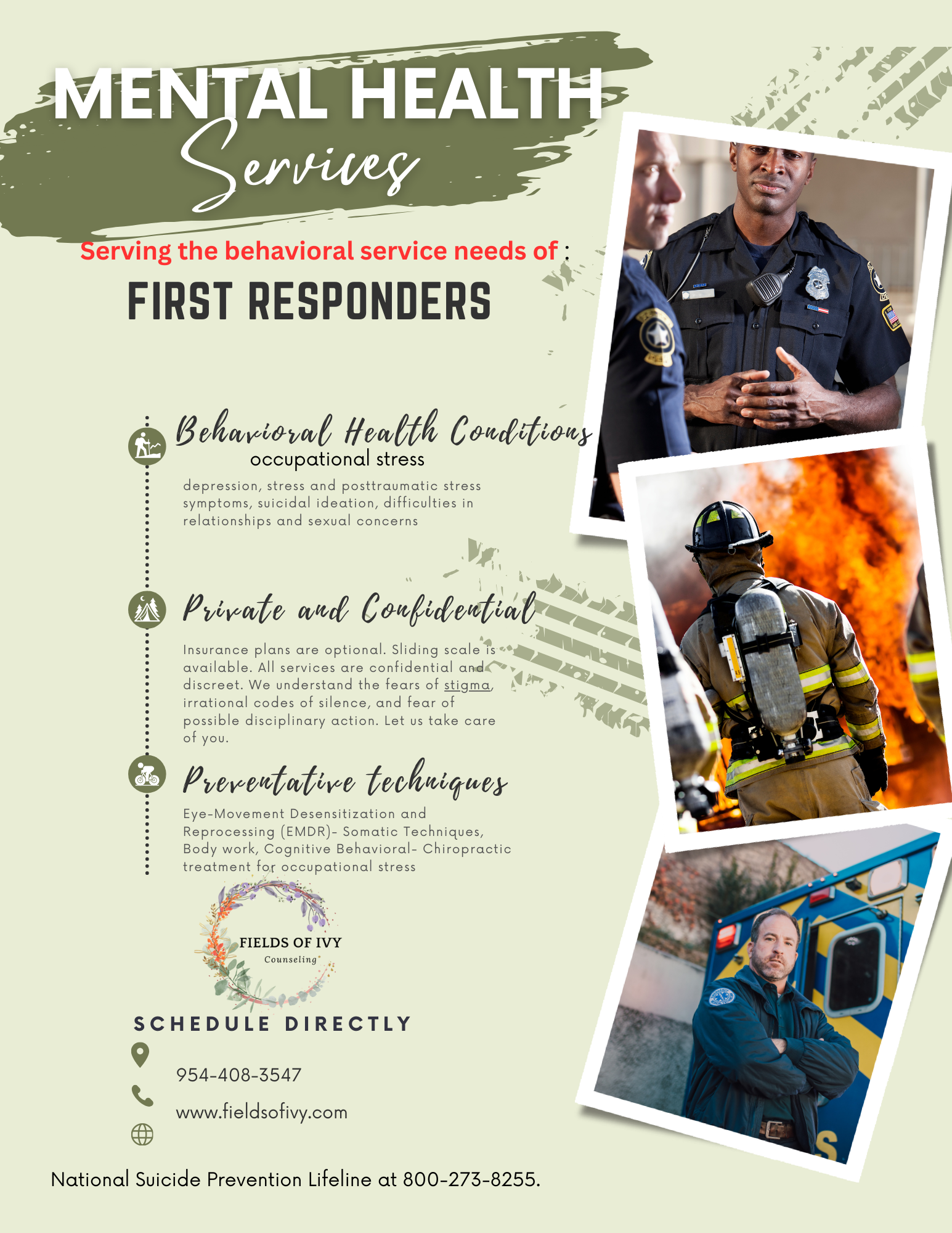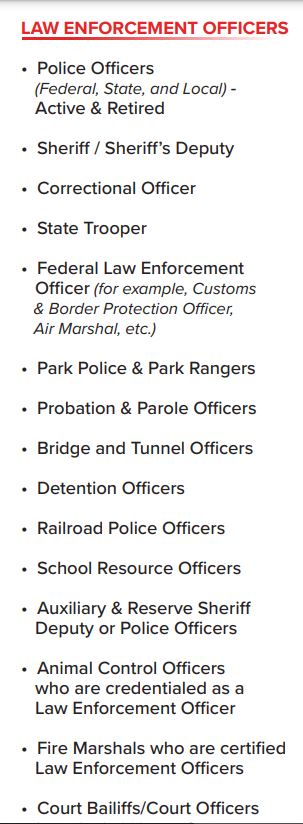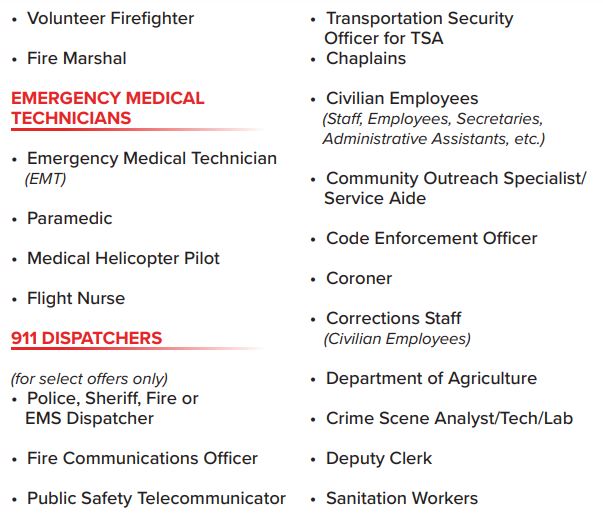Projects
First Responder Treatment

Project summary
First Responders
First Responders provide life-saving care under dangerous, high-pressure and exhausting conditions. There’s no space for their own feelings of anxiety, stress, or depression in these moments. Instead, they need to be focused solely on supporting the individual in crisis, and providing services to address a person’s mental and physical well-being
The Challenge
The combination of exposure to trauma, demanding schedules, and physically challenging roles puts first responders at an increased risk for mental health issues such as depression, post-traumatic dress disorder (PTSD), stress, and suicidal behaviors.
The Solution
Client Centered, discreet, trust worthy services for all first responders



The Challenge
First responders face an increased risk of experiencing some mental health and substance use issues and conditions. Fear of being seen as weak, feeling judged or stigma of receiving care or not up to the job of a responder keeps many from seeking help
Warning Signs
- Improve your knowledge of common mental health signs and symptoms. Being aware of the most common warning signs like excessive fear or sadness, mood swings, prolonged irritability or anger, and changes in sleeping or eating habits can help First Responders recognize the signs of burnout and other mental health conditions in themselves and their peers.
.
Invest in other interests
- Invest time in outside hobbies and interests. By ensuring First Responders have a full life outside of work, find distractions and positive interactions during periods of stress. Taking time for hobbies lets you connect with yourself, strengthen social connections, and build more pleasure into your daily life.
.
Find Support
- Find support from a professional. If you or someone you love is struggling with stress, anxiety, depression, or another mental health challenge, seek help from a qualified mental health clinician immediately.
.
Resources

Free Resources
While getting help from a dedicated mental health clinician is a great way to help build positive coping strategies for the stress and strain that are pervasive to this profession, sometimes EMS workers need more immediate care. Here is a list of resources that can offer assistance in finding care fast through text, phone, or online chat.
American Foundation for Suicide Prevention: Call: 800-273-8255 or text: TALK to 741741
National Alliance on Mental Illness Hotline: A free service that is available by phone (800-950-6264) , text, chat or email.
National Suicide Prevention Hotline: A free, 24-hour service that offers a confidential suicide prevention hotline available to anyone in suicidal crisis or emotional distress. (800-273-8255)
Safe Call Now: A comprehensive, 24-hour crisis referral service staffed by first responders. This line is available to public safety employees, emergency services personnel, and their families. (206-459-3020)
About us
